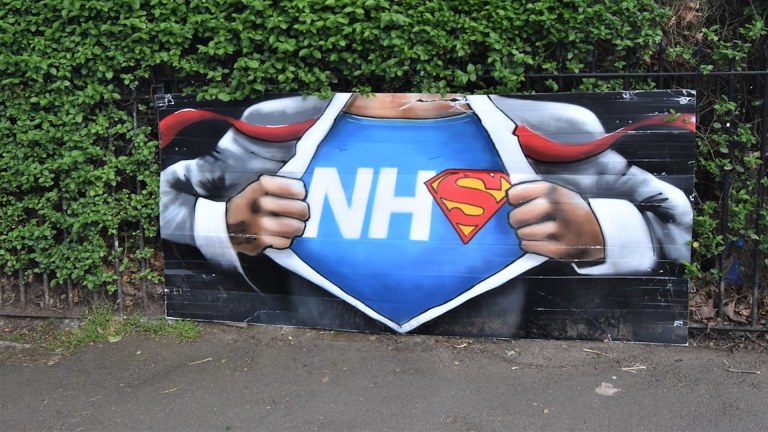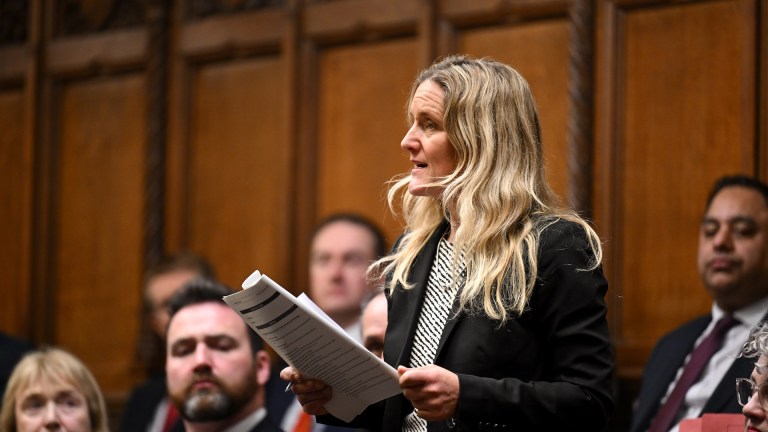Campaigners are demanding recognition for the unknown number of “invisible children” – young people forced to miss school long-term through serious illness – being failed by the UK government.
In a scathing report, ‘warm’ technology start-up No Isolation attacked Westminster’s “inconsistent methods of record-keeping” meaning there is no central database of children who are in and out of school due to serious illness.
The lack of data majorly limits researchers and policymakers who could make a difference in the lives of these young people, the charity said, and restricts how much evidence can be collected on what the impact is on unwell young people.
Not attending school for long periods of time while ill is detrimental not just to achievement in school but to a child’s emotional and social wellbeing, too.
In 2017-18, more than 783,000 children were recorded as “persistently absent” from school. The Department for Education, who The Big Issue have contacted for a response, said that 41.6 per cent of those missed school because of illness, but No Isolation pointed out that this is too vague a classification for any real conclusions to be taken from it.
Local authorities do keep records of how many children are home schooled, but nothing on what the reasons are – and with councils already strapped for cash, most struggle to provide appropriate support generally without knowing how many young people they need to accommodate.










